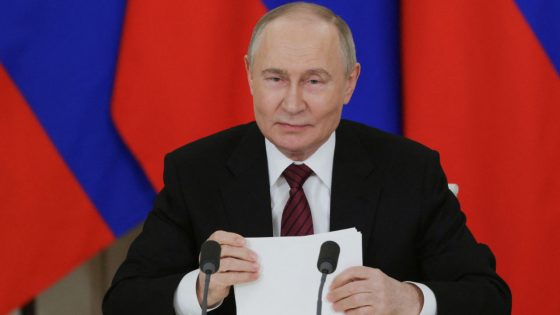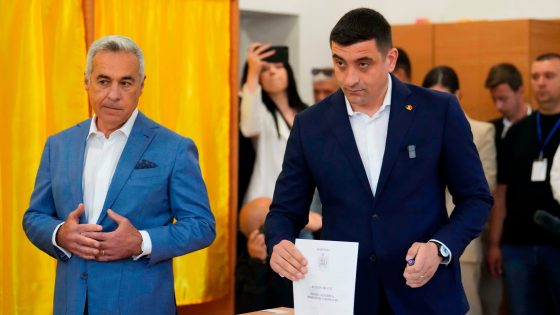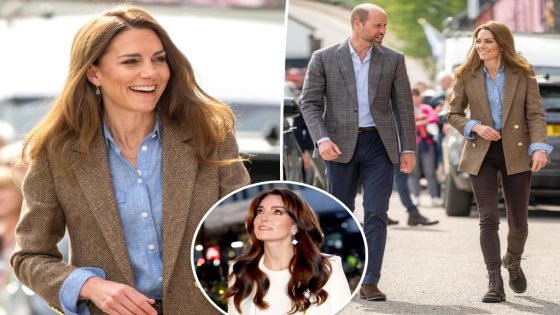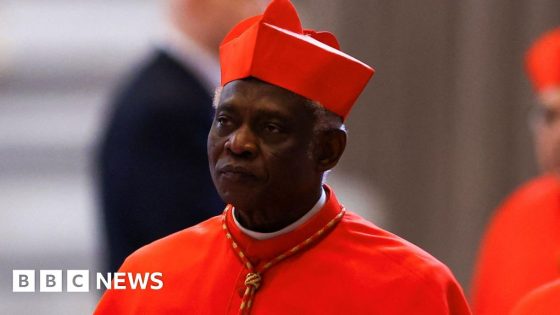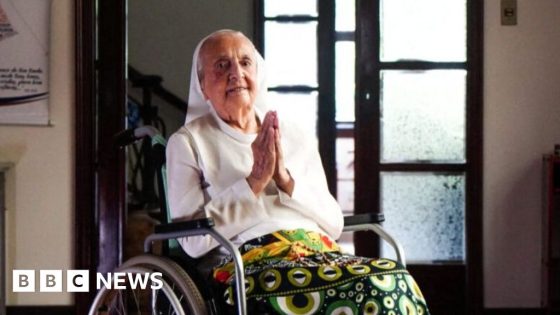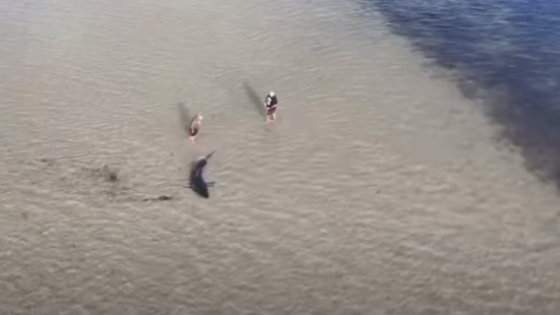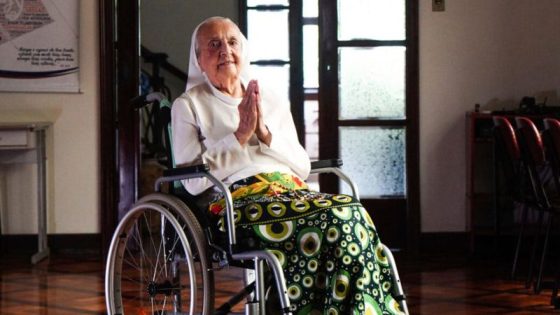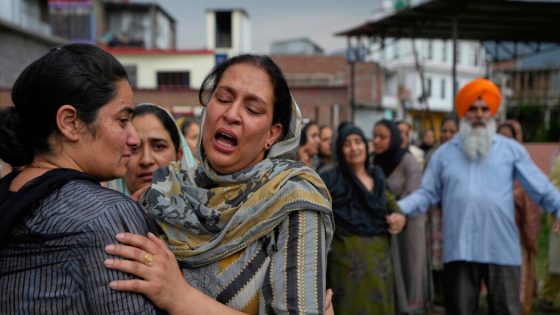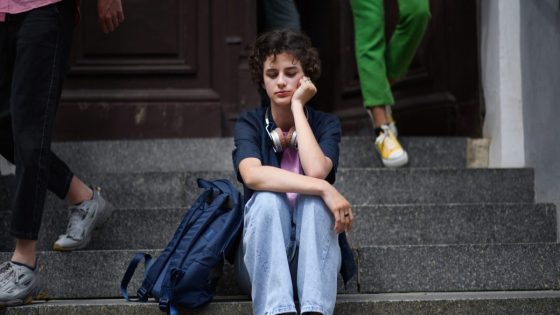The recent visit of four European leaders to Kyiv on May 10th marked a pivotal moment in the ongoing conflict in Ukraine. With Britain’s Prime Minister Sir Keir Starmer describing Ukraine’s offer of an unconditional 30-day ceasefire, the hope for peace seemed closer than ever. However, as tensions escalated, the clarity of this moment began to fade, especially following Vladimir Putin’s address on May 11th, 2025, where he dismissed the ultimatum.
- European leaders visit Kyiv on May 10th
- Ukraine proposes 30-day unconditional ceasefire
- Russia portrayed as wanting to continue war
- Trump urged to pressure Kremlin further
- Putin ignores ultimatum in televised address
- Trump's response undermines European unity
This diplomatic effort aimed to spotlight Russia as the primary aggressor, urging former President Donald Trump to apply more pressure on the Kremlin. Yet, Trump’s subsequent social media remarks, celebrating a “potentially great day,” complicated the narrative, suggesting a disconnect between European leaders and the former U.S. president.
The situation prompts a critical question: Can diplomatic efforts truly shift the course of this enduring conflict? As the world watches, several key points emerge:
- Ukraine’s ceasefire proposal is a significant diplomatic gesture.
- Russia’s response indicates a reluctance to engage without conditions.
- Trump’s comments may undermine unified Western support.
- Future negotiations hinge on international pressure and unity.



